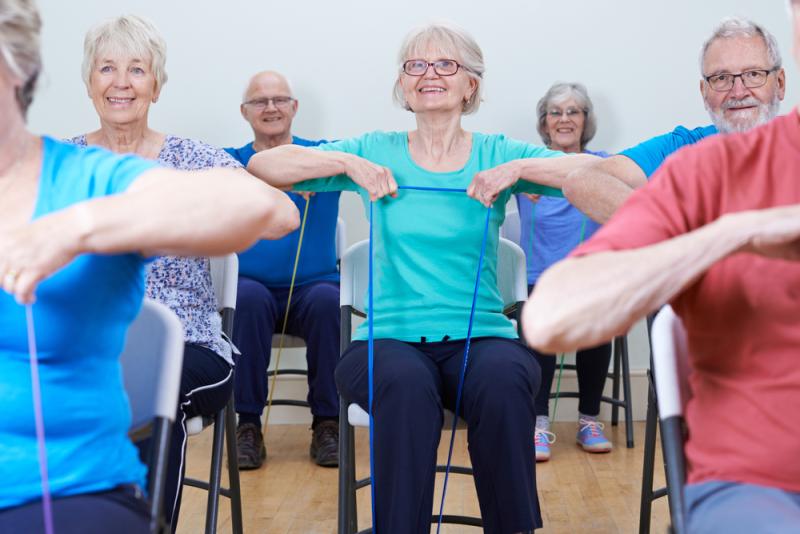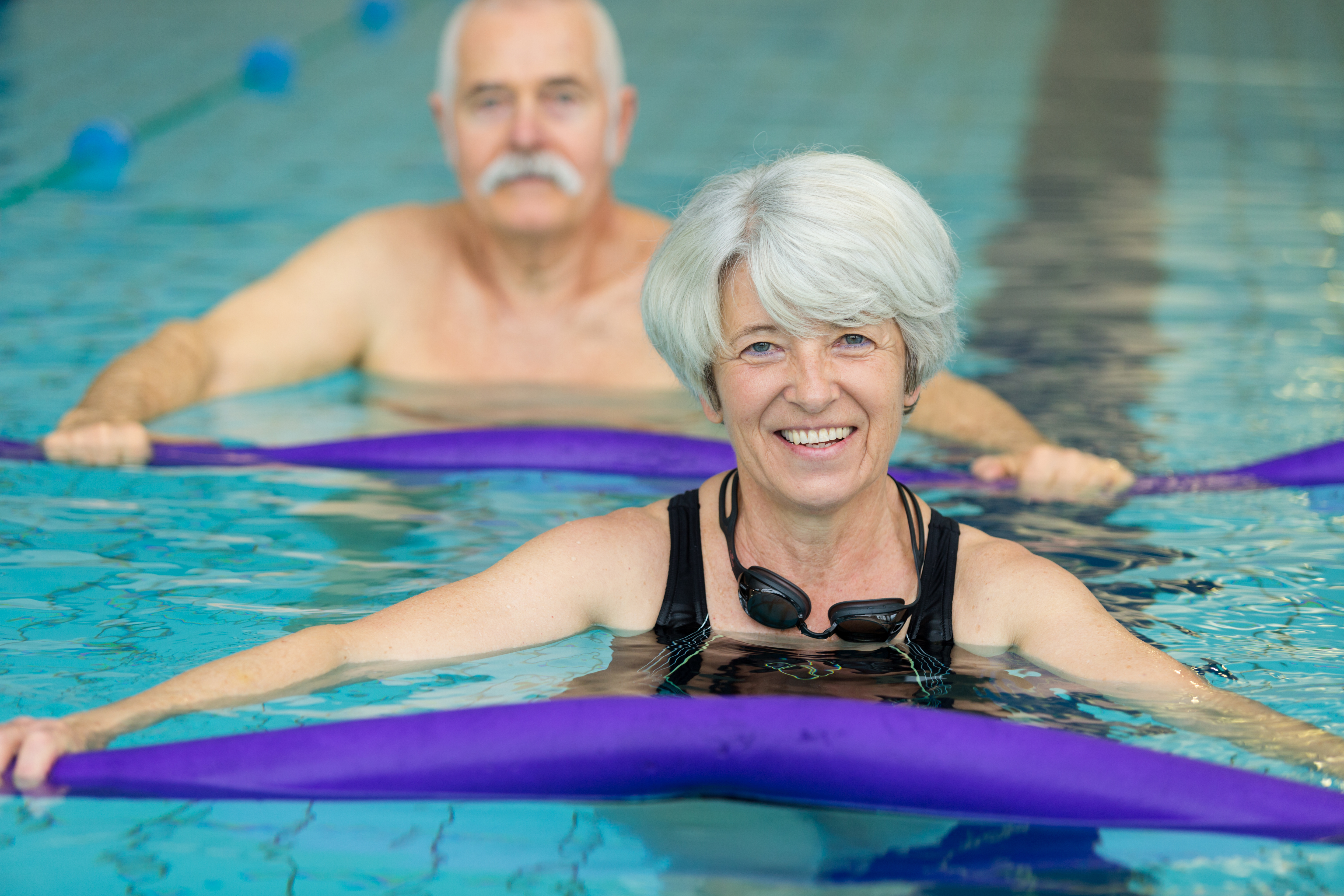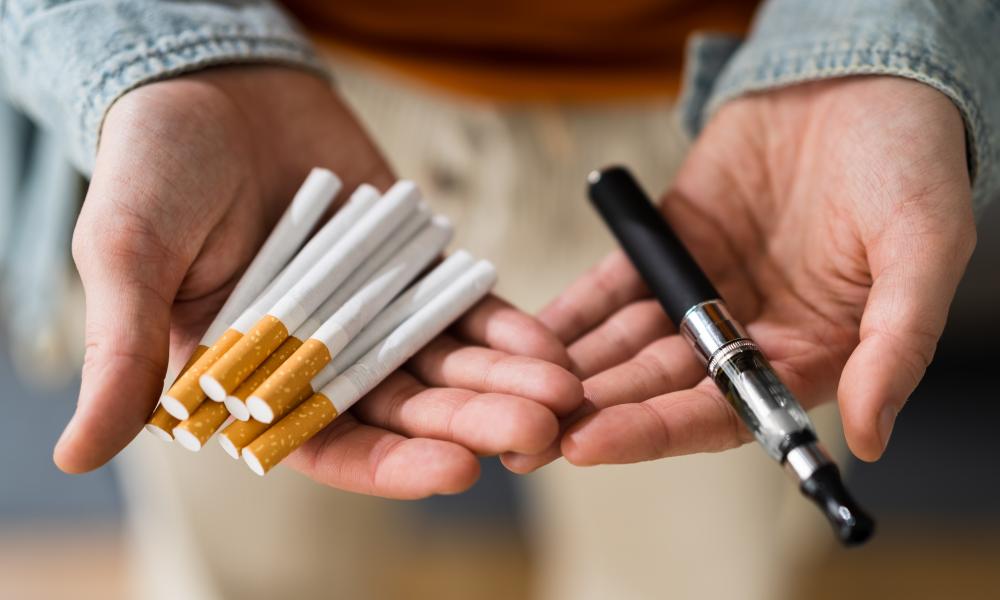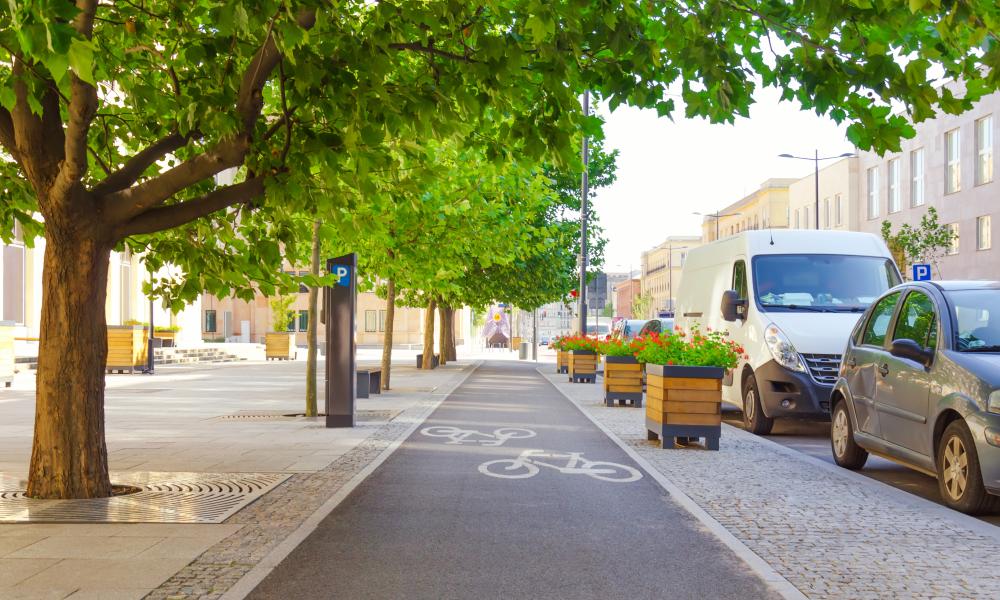
It is European Public Health Week and today’s focus is on growing old and growing healthy. Dr Conor Cunningham from the Institute of Public Health provides some practical tips on how we can stay active during this time.
Increase in life expectancy represents one of the greatest public health successes of the 20th Century. While people are living longer, it is not always in good health. Retaining physical health and mental wellbeing is a major challenge for many in older age. This stage of life therefore represents an important period to promote physical activity to improve functions of daily living and slow progression of disease and disability1.
The Covid-19 pandemic has impacted communities across the world. Government responses, of promoting ‘social distancing’ at a population level, and ‘cocooning’/ ‘shielding’ of older adults in their homes to mitigate its spread have been unprecedented. The necessity of the public health and social measures to the individual and society are established. Now we need to understand the challenges faced and put in place simple and effective ways to help maintain a physically active lifestyle, particularly for older adults during the pandemic.
Social distancing and self-isolation will inevitably disrupt the routine physical activities of many older adults across Europe. However, evidence shows that many older adults were not engaging in enough physical activity to attain health benefits prior to Covid-192. Emerging evidence suggests that there will be an increase in the number of older adults not meeting guidelines for physical activity following the pandemic3. This will have implications for population health and public health policy.
How to support older adults to remain physically active during and after the crisis will require careful consideration. To unlock the benefits of physical activity and to make active and healthy ageing a reality by keeping older adults healthy, independent, and fulfilled, it will be imperative that we support older adults to achieve the recommended levels of physical activity4.

Why is it important to keep active currently?
Changes to our income, our work and home life, our social contacts and increased sedentary behaviour because of the pandemic can all contribute to increasing health risks. However, there are several things that everyone can do to ensure we protect our physical and mental health and remain physically active.
We already know that adults and older adults should aim to accumulate at least 150 minutes of activity per week5. For example, a 30-minute walk on five days of the week or 22 minutes of activity every day. Here are some ideas on how to incorporate physical activity in the context of our present restrictions. Try to find something that works best for you:
Indoor Activities
• Move more and more often.
• Break up long periods of sitting – try standing when watching TV, when making a call or when reading a book or newspaper; walk on the spot for the duration of the ad breaks.
• Put some music on and walk briskly around the home for 10-15 minutes, 2-3 times per day, or walk up and down the stairs more often.
• Get active whilst doing housework – vacuuming, brushing/mopping the floors, cleaning windows.
• Dance to your favourite music.
• Workout with an exercise video or online group.
• Try seated exercises such as air punches or marching legs.
• Use home equipment or household items as part of your exercise routine.
Outdoor Activities (remember social distancing)
Be sure to wash your hands before and after
• Go for a walk or light jog.
• Go for a cycle.
• Do gardening and household DIY.
Maintaining your strength & flexibility
• Workout along with an exercise video or online group, with or without equipment.
• Perform yoga, pilates, gentle stretching or Tai Chi.
• Do exercises using your own body weight. You can do sit ups and push ups.
You can use household objects as resistance equipment
• Canned food can be used in place of dumbbell.
• Shopping bags filled with a few extra cans can increase weight progressively.
• Remember – start light and increase weights gradually in line with your current ability.
If you have not been physically active for a while – start slowly and at a light intensity and increase your activity levels in line with your current ability. If in doubt talk with a health professional. If you are unwell or have Covid-19, please use your energy to get better and do not try to be active. If you develop fever, cough, or shortness of breath, stop physical activity, and contact your GP or health professional.
With a focus on our health and wellbeing, and staying physically active during COVID-19, the Institute of Public Health has developed a resource which you may find useful. Download the resource here. For information on recommended national guidelines and a list of activities to help keep active during this time click here.
References
1. Cunningham C, O’ Sullivan R, Caserotti P, Tully MA. Consequences of physical inactivity in older adults: A systematic review of reviews and meta-analyses. Scand J Med Sci Sports. 2020;00:1–12. https ://doi.org/10.1111/sms.13616
2. Gomes M, Figueiredo D, Teixeira L, et al. Physical inactivity among older adults across Europe based on the SHARE database. Age Ageing. 2017;46(1):71-77. https ://doi.org/10.1093/ageing/ afw165
3. https://www.cso.ie/en/releasesandpublications/ep/p-sic19/socialimpactofcovid-19surveyapril2020/
4. Cunningham C, O’Sullivan R. Physical Activity and Older Adults. An Overview of Guidelines, Trends, Policies and Frameworks. Dublin, Ireland; 2019. https ://www.publi chealth.ie/document/iph-report/physical-activity-and-older-adults-overview-guidelinestrends-policies-and
5. World Health Organization. Global Recommendations on Physical Activity for Health. 2010:Geneva


